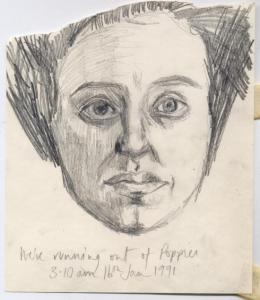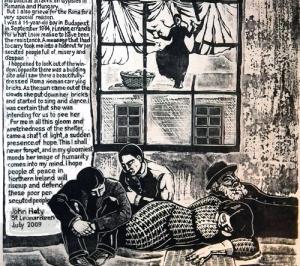A few years ago, we both took part in a “radical peace movement” gathering. Two of the main issues at the gathering were the thorny question of whether there was such a thing as a “peace movement”, and, alongside that, what it meant to be a “radical” peace activist.
It’s clear that there is a traditional strand of peace organisations and activities, which has persisted for decades. Quaker activities (the Religious Society of Friends began in the 1640s), the pacifist Peace Pledge Union…




